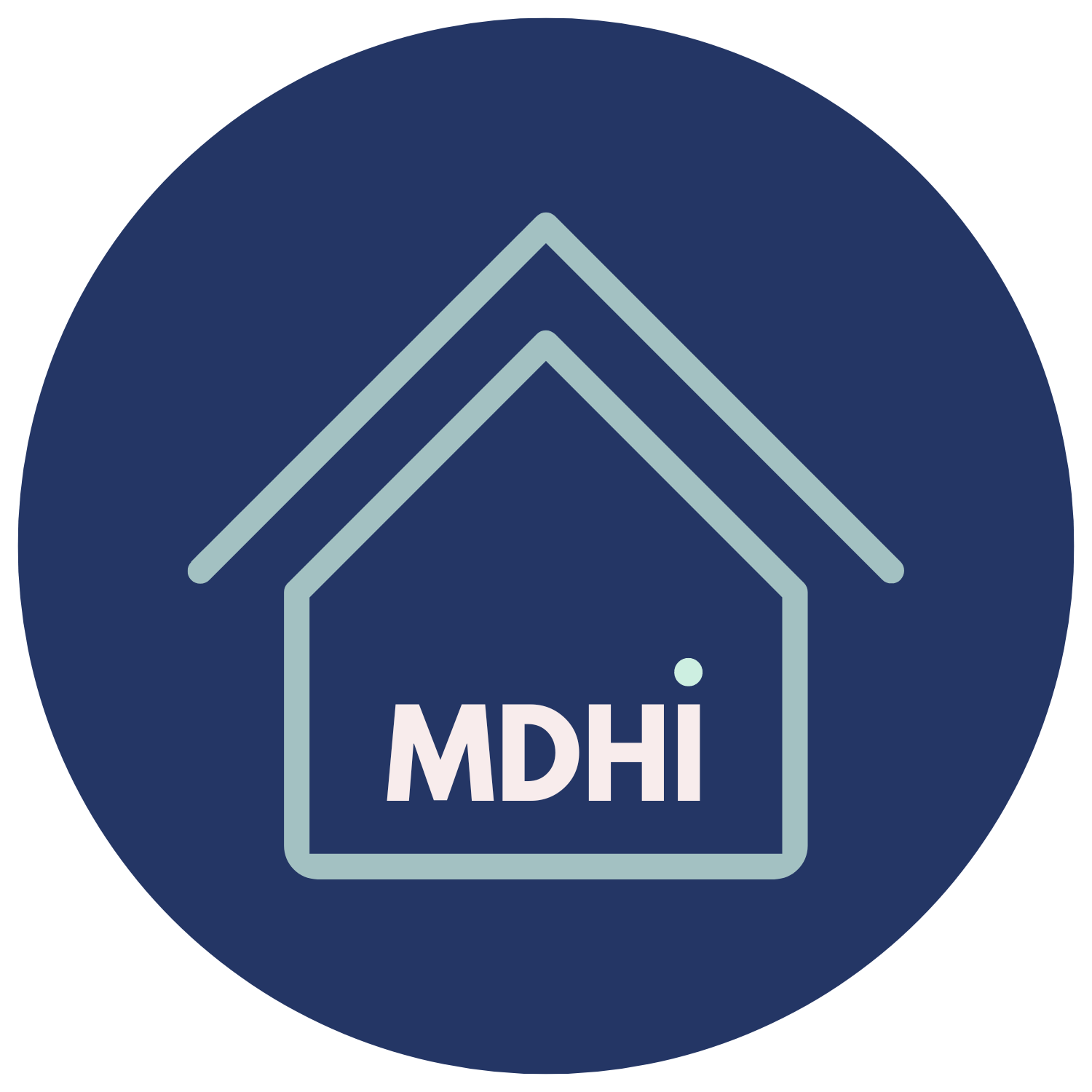Full Annual Homelessness Count Released
2022 Data Show Increase in Overall Homelessness; Significant Decrease in Veteran Homelessness
DENVER, COLORADO – October 3, 2022 – The Metro Denver Homeless Initiative (MDHI) released the full data for the 2022 annual Point-in-Time (PIT) count data. The count captures homelessness nationally on a single night in January and showed an overall increase of 784 individuals regionally from pre-pandemic levels in 2020, the last time the region completed a comprehensive count.
The Point-in-Time, commonly referred to as the PIT, is an annual count on one night in January of those experiencing homelessness. The PIT is held across the United States during the last week in January and aims to capture both the overall size and demographics of the homeless population. “While we did see overall increases in homelessness, the region’s emphasis on reducing Veteran homelessness is yielding results,” said Dr. Jamie Rife, MDHI’s Executive Director. "The number of Veterans experiencing homelessness decreased by 31% from 2020 to 2022,” she explained.
Included in PIT is a breakdown by race. “The overrepresentation of people of color, specifically black and Native Americans, among those experiencing homelessness is critical to the response,” stated Rife. “Homelessness is an issue of race and must be approached through this lens,” she added.
The count occurred on Monday, January 24, 2022, and included both those staying in shelters and outdoors. Due to COVID-19 safety concerns, the region did not conduct a count of individuals staying outdoors in 2021. In January 2020, approximately six weeks before the beginning of the pandemic and the last time a comprehensive PIT was conducted, there were 6,104 people counted experiencing homelessness. This year, 6,884 people were counted, or a 12.8% increase. For those staying in shelters, the number remained fairly consistent between 2020 and 2022 with 4,534 and 4,806 respectively. Unsheltered homelessness increased regionally, with pre-pandemic levels in 2020 at 1,561 and this year’s count locating 2,078 individuals staying outdoors.
“The Point-in-Time is a snapshot of homelessness on a single night with numerous variables such as weather, count participation, volunteer engagement, and a variety of other factors,” shared Rife. “While this count can help us understand homelessness on a single night, getting to a place where we have comprehensive, real-time data regionally is the ultimate goal,” she added.
The region has made significant strides in decreasing its reliance on the one-night count. Instead, providers, municipalities, and others are working together to improve participation with the region’s Homeless Management Information System (HMIS) to make data accessible each day on those experiencing homelessness. Boulder recently became the first community in the region to reach Quality Data for all singles, joining a select number of communities across the country to reach this milestone.
“While the region was able to locate and count 6,884 individuals on a single night experiencing homelessness, the HMIS allows us to see this number is closer to 31,000 throughout the course of the year,” said Rife. “This data highlights the dynamic nature of homelessness and the importance of real-time data to allow the region to coordinate effectively and allocate resources efficiently.” MDHI releases annually the State of Homelessness report with these numbers.
Infographic reports by county and an interactive dashboard are located on the MDHI website.
MDHI is the Metro Denver Continuum of Care, the regional system that coordinates services and housing for people experiencing homelessness. This includes prevention/diversion, street outreach, emergency shelter, transitional housing, rapid rehousing, and permanent supportive housing. MDHI works closely with each county in its continuum (Adams, Arapahoe, Boulder, Broomfield, Denver, Douglas, and Jefferson) to build a homeless crisis response system that gets people back into housing as quickly as possible.
If you would like more information on this topic, please email jamie.rife@mdhi.org.

